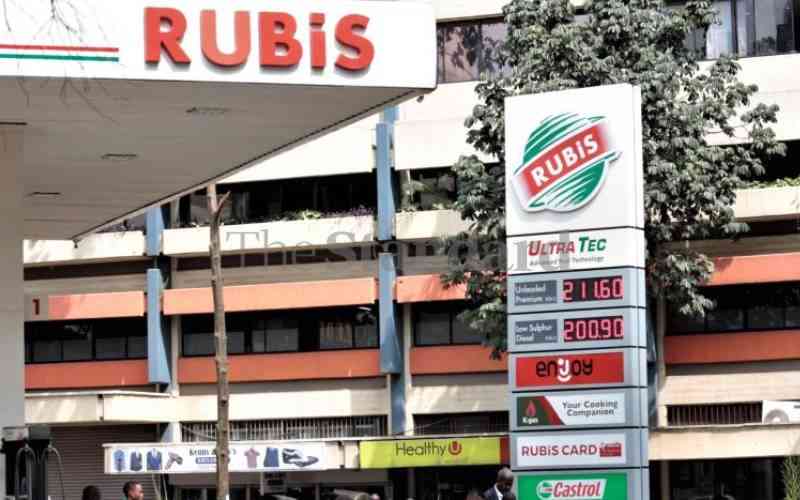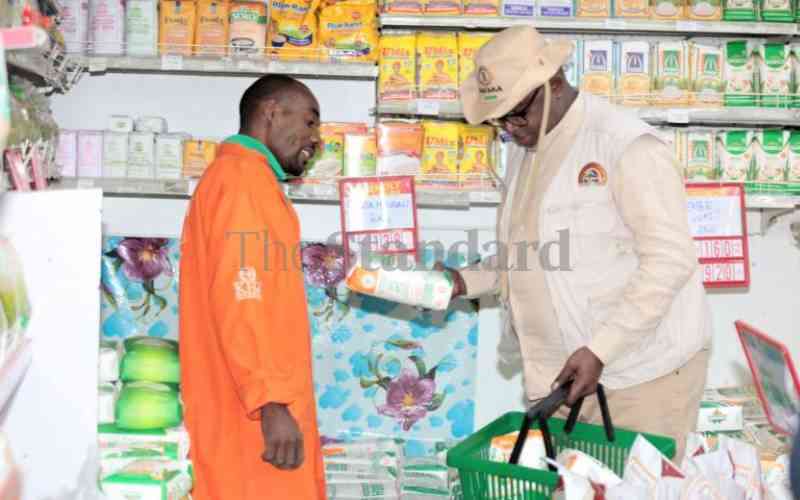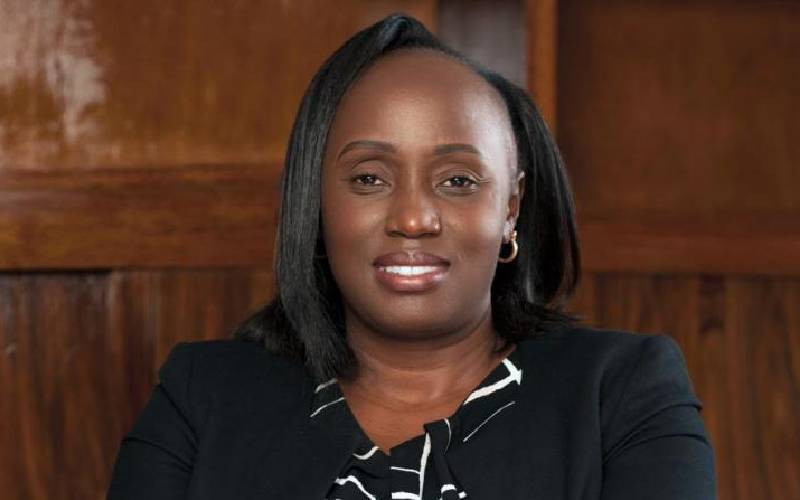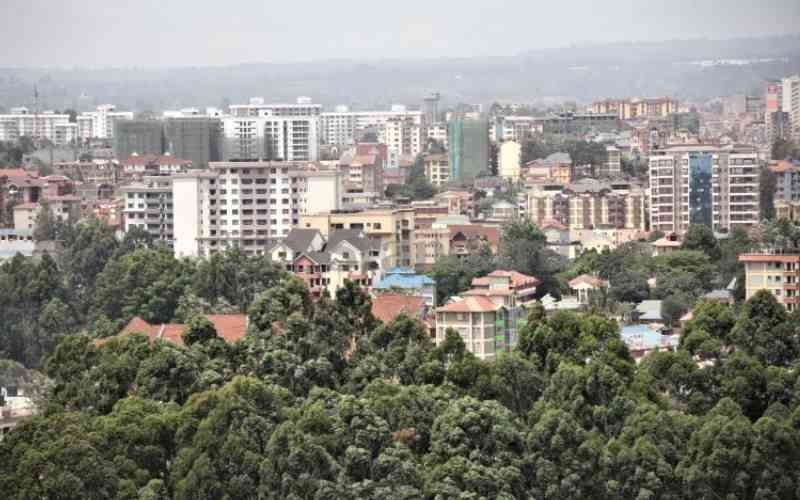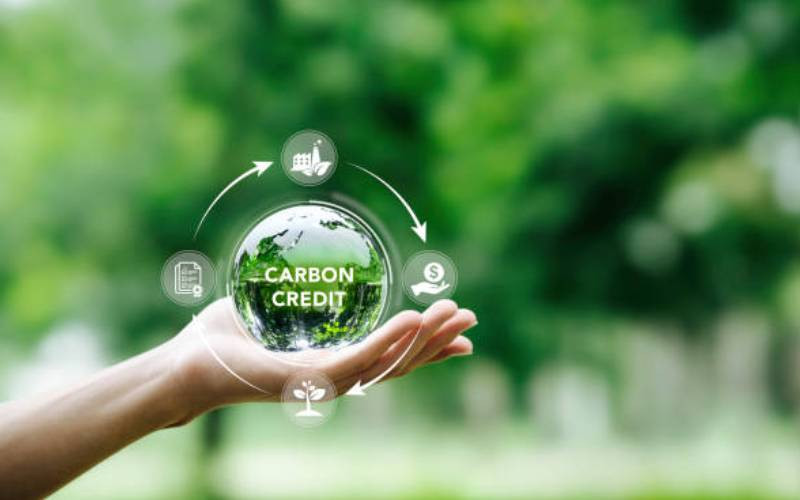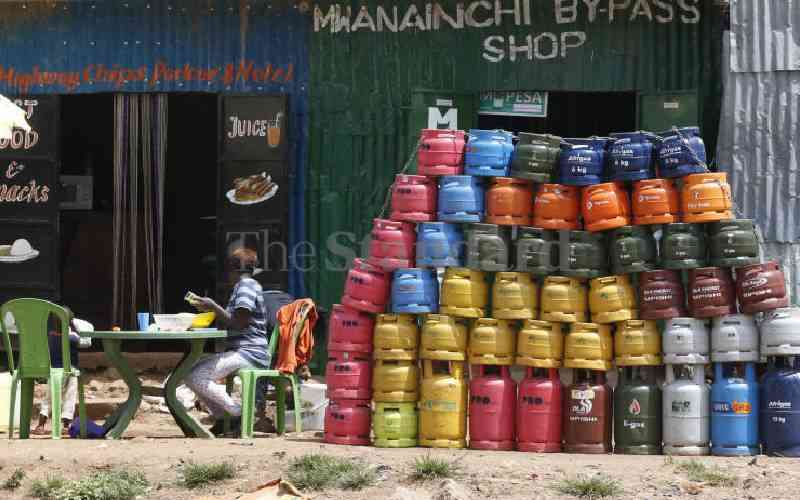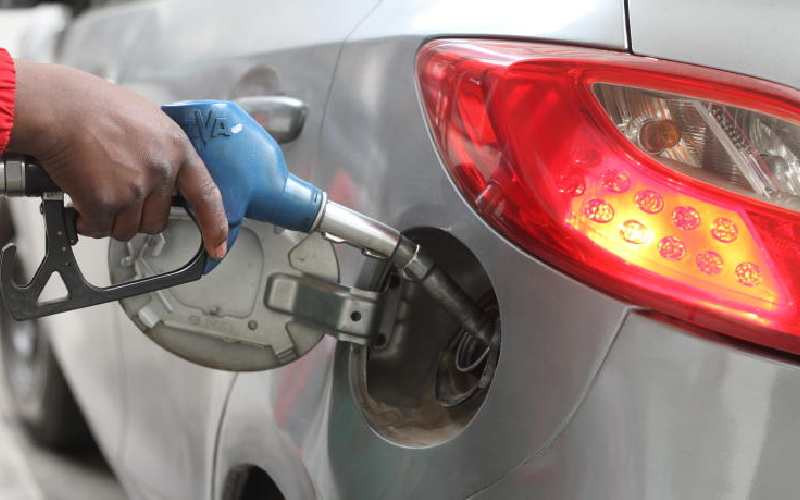
Fuel pumps at the Rubis Petrol station along Koinange street, Nairobi. [Elvis Ogina, Standard]
Motorists were hugely disappointed by the new fuel prices announced on October 14 this year as the drop in pump prices fell way below their expectations.
Crude oil costs have in recent months been on a decline and motorists expected the Energy and Petroleum Regulatory Authority (Epra) to pass this benefit to them over the October-November pricing cycle.
According to tabulations by Epra, the retail cost of super petrol would have declined by more than Sh8 per litre.
The government, however, denied users of super petrol lower costs and instead gave them a paltry reduction of Sh1 per litre.
In the price capping guide, Epra indicated that super petrol was subject to a stabilisation surplus of Sh7.48 per litre, which meant that in addition to taking away the subsidy, which happened in October, it had increased the cost of the product.
It went ahead to use the savings that would have come from a drop in the prices of super petrol to subsidise the retail prices of diesel and kerosene.
This resulted in the continued subsidisation of diesel by Sh18 and kerosene by Sh27 per litre.
In the previous pricing cycle, the subsidy for diesel stood at Sh20.82 per litre, while that of kerosene was Sh26.25 per litre.
According to Epra, the reason why there was a marginal drop in the retail price of super petrol was that the fuel subsidy has had the impact of distorting prices, such that what consumers are paying at the pump might not tally with global prices for the product.
"The government is currently implementing a stabilisation or subsidy programme for local petroleum pump prices which may cause a mismatch in the level of change between landed costs and the actual pump prices published," said Epra responding to queries by Financial Standard.
The government withdrew the subsidy for super petrol in the September-October pricing cycle but also substantially cut those of diesel and kerosene. It made a further cut on the diesel subsidy but marginally increased that of kerosene.
Murban crude oil was trading at $88 (Sh10,560) per barrel yesterday, a sharp drop from a high of $123 (Sh14,760) in June this year.
The result has been a drop in the refined petroleum products that oil marketing companies import to the country. Epra said crude oil prices had dropped to $105.96 (Sh12,715) per barrel on average over the last one month down from the $117.53 (Sh14,100) in August.
Over the last one month alone, the landed cost for super petrol has dropped 10 per cent, while that of diesel reduced by 6.8 per cent, with kerosene dropping marginally by 1.8 per cent.
The landed cost is the price of petroleum products when they reach Mombasa.
 The Standard Group Plc is a multi-media organization with investments in media platforms spanning newspaper print
operations, television, radio broadcasting, digital and online services. The Standard Group is recognized as a
leading multi-media house in Kenya with a key influence in matters of national and international interest.
The Standard Group Plc is a multi-media organization with investments in media platforms spanning newspaper print
operations, television, radio broadcasting, digital and online services. The Standard Group is recognized as a
leading multi-media house in Kenya with a key influence in matters of national and international interest.



